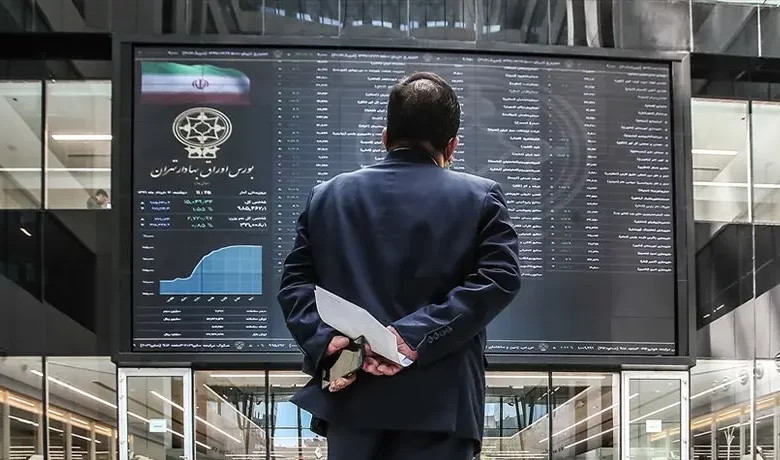Rial and dollar stocks rise after the bilateral agreement between Iran and Saudi Arabia – Tejaratnews

According to Tejarat News, while we have reached the fourth working week of March, it seems that due to the agreement between Iran and Saudi Arabia, the stock market will show a different reaction this week. Before the agreement, most experts in the conversation with TejaratNews predicted that the stock market will have a balanced upward trend in the last week of the year.
On the 19th of March, a tripartite statement was signed in Beijing by Ali Shamkhani, the representative of the Supreme Leader and the Secretary of the Supreme National Security Council, Mosaed Bin Mohammad Al-Aiban, Minister of Advisor and Member of the Council of Ministers and National Security Advisor of Saudi Arabia, and Wang Yi, a member of the Political Bureau of the Central Committee of the Communist Party and The head of the office of the Central Committee of Foreign Affairs of the Party and member of the State Council of the People’s Republic of China was issued.
Accordingly, as a result of the talks, Iran and Saudi Arabia agreed to resume diplomatic relations and reopen embassies and agencies within two months.
The new agreement and the stock market
Now, due to the new changes in international relations, the shareholders have adopted two trends; Some are ready to benefit from the agreement by buying shares, and others are afraid of the impact of the agreement on the capital market and try to cash out sooner.
Any international agreement and reconciliation will have a positive effect on the capital market in the long run. Now, a new agreement in the current conditions of the country and with the current price of the dollar can draw a different future.
However, in the beginning, due to the uncertainties in the new path, traders have entered the cautious phase and trade with more fear in the market.
The surprise of the markets with the agreement between Iran and Saudi Arabia
Payam Elias Kordi, a capital market expert, told Tejarat News about the agreement between Iran and Saudi Arabia: “The important point of the agreement between Iran and Saudi Arabia is its confidentiality; That is, until Nornews reported this news, no media or person had mentioned this issue even to the extent of speculation; As a result, we cannot say that, for example, the capital market anticipated the events.”
He continued: “The news of Iran’s agreement with Saudi Arabia is important from two perspectives; In general, it is good for the stock market to be able to interact with the world and for the government to bring foreign currency resources into the country. On the other hand, sometimes companies pay exorbitant costs for sanctions, and the maintenance and repair of devices is also a problem for them, and with the reduction of international tensions, we can hope to solve this challenge.”
Traders caution
This capital market expert explained: “In the long term, the news is good for the agreement for the stock market and interaction with the world, and the capital market can show positive reactions; But in the short term, we see an intellectual conflict in the market; For example, today, a group went towards the banking and automobile group due to the agreement, and the other group was also thinking about reducing the dollar rate, and as a result, the market was not in a good condition today.”
In the end, Elias Kordi predicted the remaining days of the year and said: “My advice is that people who think that this agreement will be extended, do not doubt their purchase.” On the other hand, due to the settlement of some real estates in the last days of the year, we are likely to see a balanced trend in the capital market.”
It seems that due to the agreement in the long term, the economy of the country and especially the capital market will calm down and we will witness the compensation of the past losses of the shareholders.

